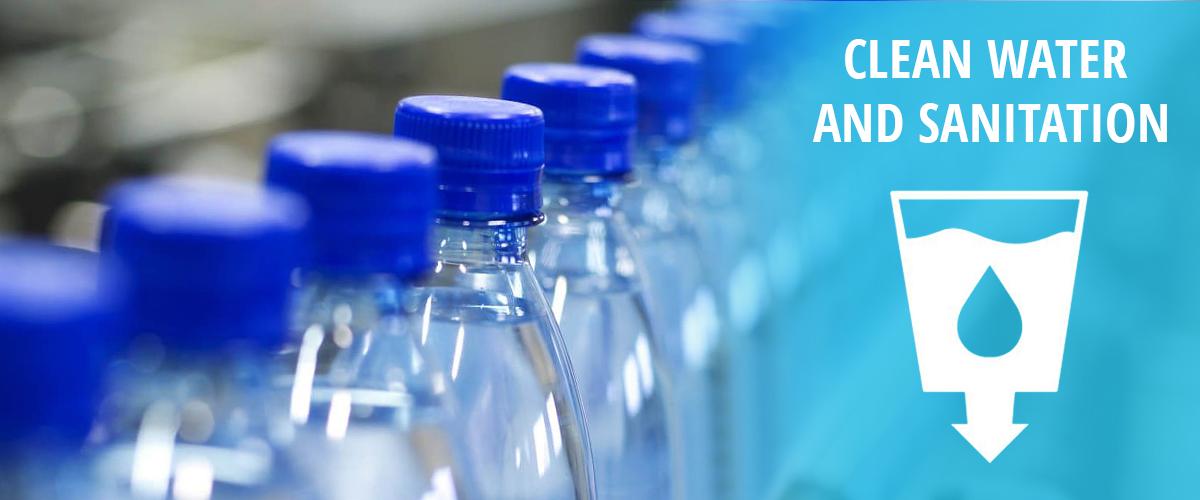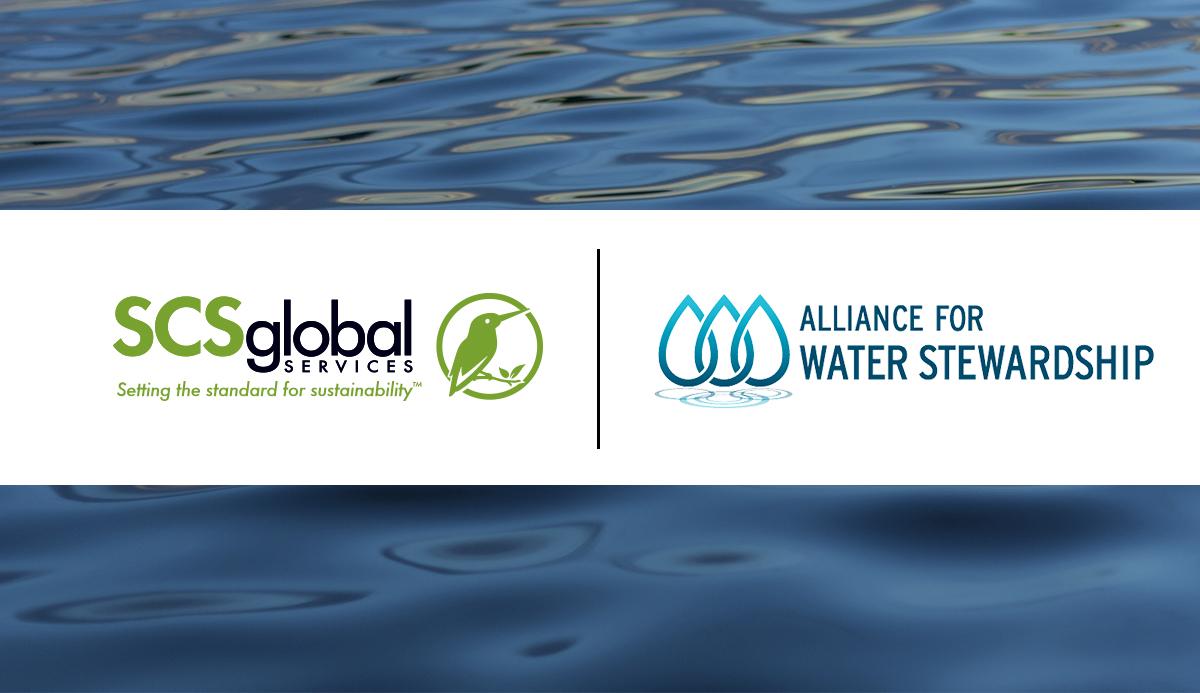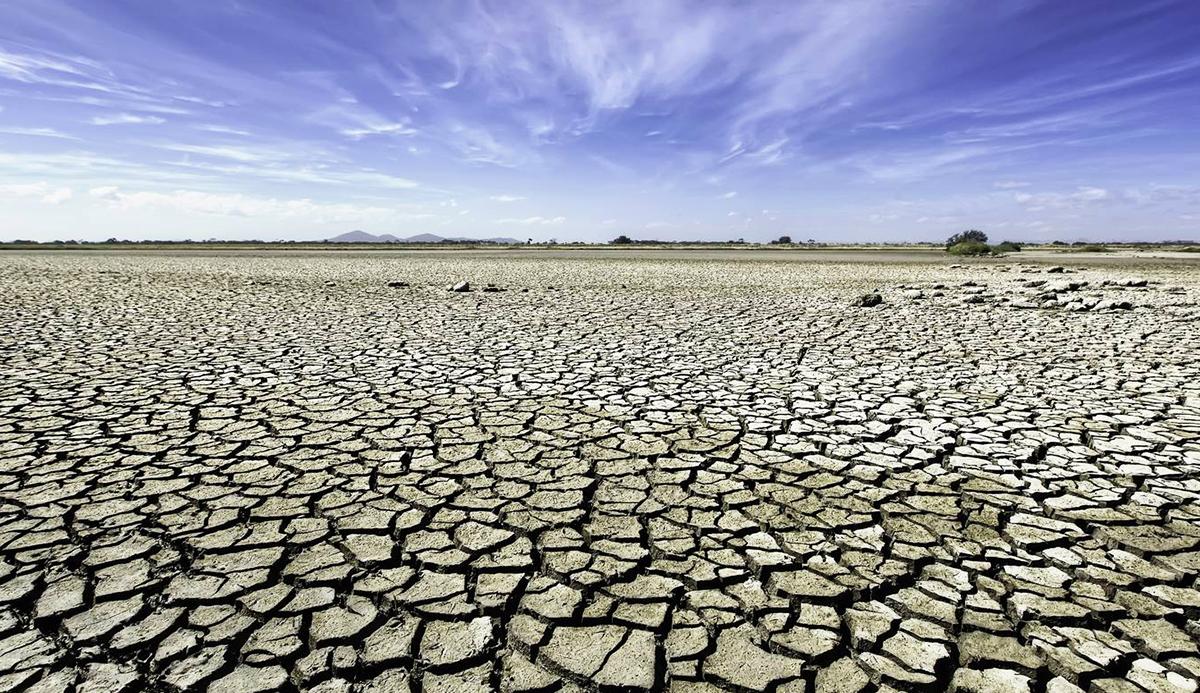The Value Independent Certification Brings to Global Water Stewardship
By Rae Mindock, SCS Global Services
Every year, World Water Week, a conference organized by the Stockholm International Water Institute (SIWI), brings together experts from around the world to discuss global water issues. This year’s event focused on Water, Ecosystems and Human Development, with discussions concentrating on how business, NGOs and government agencies are collaborating to address water-related challenges. During a session organized by third-party certifier SCS Global Services, water leaders shared how their water stewardship programs have advanced with the Alliance for Water Stewardship (AWS) Standard.
The AWS Standard provides a framework for industry, agriculture and other fresh-water water users to adopt and practice sustainable water management. A global benchmark for stewardship, the Standard is compliant with the ISEAL codes of good practice for sustainability standards. Water management practices are evaluated on a site basis, looking at water use, water balance, identification of risk, and subsequent opportunities for collaboration with other catchment water users. During the session, Scott McCready, AWS Director of Outreach and Engagement, explained: “The thing that is key about AWS is that site level actions drive a pathway to engagement that have catchment level impacts.” The Standard’s continuous improvement requirements further shape outcomes of good water quality, sustainable water balance, improved governance and healthy water-related areas.
Benefits of the AWS Standard were examined during the session, entitled “The Value Independent Certification Brings to Global Water Stewardship.” Emilio Tenuta, Ecolab's Vice President Corporate Sustainability, launched the discussion by stating: “The crisis isn’t coming when it comes to water risks, it’s here. By 2030, there will be a 40% gap in supply and demand, so we need to act now.” The Standards’ framework provides for evaluation of water that is withdrawn, consumed, diverted and replaced, at both the site and catchment level. This serves as the basis for local supply and demand conversations. According to Tenuta, this “enables business to adopt a global framework … to really start to be more proactive in the way they look at water at a site-level,” rather than being reactive.
Humphrey Howie, Director of Renmark Irrigation Trust (RIT) , was equally appreciative of the AWS standard and certification process. “There are many benefits – firstly, independent recognition for our achievement.” RIT was the world’s first agricultural site to be awarded Gold Level certification for water stewardship. Howie also spoke about an additional universal challenge – financial value. “Another benefit is the funding bodies. Investors who want to invest in the area or within the trust itself have confidence that we will deliver the outcomes that they require.” For RIT, efforts that began during the worst drought in the area have led to collaboration with more than 600 irrigators to become the recognized water resource manager. These efforts were also highlighted in the publication, The Evolution of Water Stewardship: An Australian Perspective, detailing Australia’s ten-year water stewardship journey which was launched at World Water Week.
Nestlé Waters has made a commitment to 100% AWS Certification for its facilities worldwide. Valeria Orozco, Nestlé Waters’ Director of Sustainability, explained: “AWS has really helped us codify relationships, develop the process of identifying shared water challenges, and develop a plan around them at the local level internally and externally.” Shared water challenges may include a range of concerns such as failing, inadequate, or non-existing water infrastructure; adequate sanitation and hygiene awareness (WASH); access to safe drinking water; or freshwater biodiversity. Challenges are location specific, with identification and prioritization highly dependent on stakeholder engagement. The Standard provides a mechanism to establish engagement that is mutually beneficial to industry, government and communities. Orozco added that for internal stakeholders, especially members of the production team, “we want to be able to tell their story and what they are doing in water stewardship in a way that is recognized globally and that makes them feel proud and gets them excited.”
The benefits of the Standard are strengthened through independent certification. As SCS Program Manager for Water Certifications, Rae Mindock explained, the AWS Standard is a science-based approach to support responsible water stewardship. Third party certification provides assurance that the Standard has been applied appropriately, including verification of transparency during stakeholder engagement, and that continuous improvement in water management is embedded in the stewardship actions.
AWS’ impact was discussed throughout World Water Week, with conversations focused on addressing operational water issues, promoting sustainable water management, and “water-nomics,” evaluating whether Asia has sufficient water for future development and improved water management. The CEO Water Mandate, a United Nations Global Compact initiative aimed at mobilizing businesses to advance water stewardship, sanitation, and the Sustainable Development Goals, focused on lessons and experiences of water stewardship, bringing together several catalytic organizations and initiatives to discuss the power of partnerships to accelerate stewardship outcomes.
Rae Mindock is Program Manager for Water Certifications at SCS Global Services. SCS is accredited to conduct certification assessments to the AWS standard globally, and to date has issued both Core and Gold level certificates. For more information on AWS certification, contact Rae at rmindock@scsglobalservices or 510.882.1001.
Watch the Video from World Water Week.




